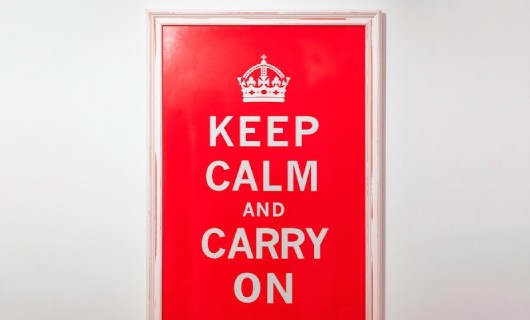So how can an understanding of behavioural science help us prepare for crises? Once again, advice is available from Social Change UK’s very own Behavioural Scientist, Dr Rachel Langbein:
“Countrywide and worldwide crises are large-scale events that can have significant impacts to life as we know it. Whilst strategies to prepare for, cope with and overcome such events must be designed to impact the masses, on an individual level people can respond in very different ways depending on how they process information (see blogs 1 and 2 in this series for more on effective messaging).
“With this knowledge of human behaviour in mind, the Centre for Disease Control have developed The CERC (Crisis and Emergency Risk Communication) Rhythm, which outlines the four key phases of a crisis (Preparation, Initial, Maintenance and Resolution) and how risk communication can and should be delivered during each phase.
“The first of these phases, Preparation, is a really important consideration when it comes to supporting people to 'be prepared' before crisis occurs. The CDC advise setting clear assumptions and establishing clear and open communication, meaning there is an obvious channel through which to receive information in the event that a crisis occurs.”
As we've discussed in our previous blogs, 'Keep Calm' and 'Don't Panic', if there is a lack of open communication prior to major events occurring, it can create mass panic and hysteria, as well as contributing to a lack of trust in the messenger(s) delivering the information. By planning ahead, drafting communications head of time and remaining transparent, messengers can build trust and provide reassurance to the wider public that action plans are being put into place.





